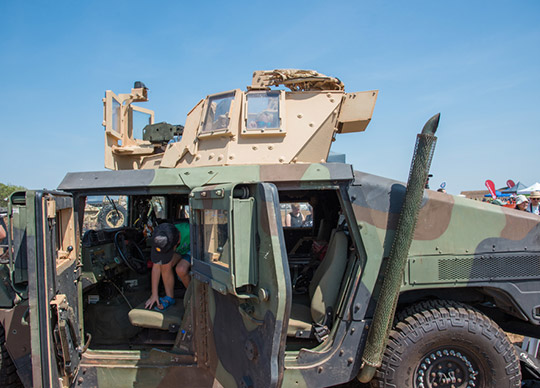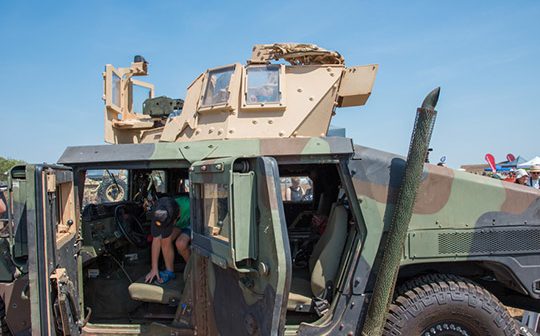
Australia’s strategic industrial base has a golden opportunity to remake itself and grow as the Australian Government focuses on boosting its defence capability, according to former Defence Minister, Christopher Pyne.
Mr Pyne, now a political consultant and advisor to several companies, was speaking at an XTEK briefing on Wednesday. He said there is a renewed focus on defence expenditure, projects and decision making in Canberra.
“Defence spending has ballooned in the last eight years since Australia decided to get (defence spending) to 3% of GDP,” the former Minister said.
“The pipeline of work is underway, and that puts some real balance on the promises that were made around the defence industry.”
According to Mr Pyne, two factors are driving this fresh focus on capability building. He says the world is becoming more dangerous geopolitically, leading to remilitarisation in many countries. The call from the United States for its allies to increase their defence spending also hit the mark in Canberra.
The second important factor is a macro policy change in Canberra regarding defence and the industries supporting it. Formerly, the Australian Government was happy to be a defence customer.
“The macro policy of the Australian Government has shifted to having sovereign capabilities, which means being able to create, design, manufacture, deliver and operate platforms made here in Australia.”
As part of that pivot, the Australian Government is spending $270 billion on bolstering its defence capabilities this decade. That includes some high-profile big-ticket items such as the naval shipbuilding plan, the Attack Class submarine build, and the ASLAV and M113 armoured personnel carrier program.
Mr Pyne said the shift towards building sovereign defence capabilities was accompanied by a commitment to Australian industry content. The commitment ran counter to a long-held view that local kit and hardware was often inferior to imported versions.
While the multi-billion-dollar contracts snare the headlines, Christopher Pyne says there is plenty of room for smaller Australian defence suppliers to benefit. The former Minister points out the safety of Australian military personnel will always be the number one priority of defence spending. Suppliers who make kit that keeps personnel safe and makes their lives easier are in a sweet spot to benefit. But he also says defence supply is a long-term market.
“Most people don’t understand that,” Mr Pyne said. “In many respects, defence is a new market. Markets like mining, agriculture, and to a lesser extent, IT, are old markets.”
Mr Pyne says the locked in $270 billion defence capability spend makes the industry an attractive one. But as a former defence insider, he knows the barriers to entry are high. He acknowledged getting a hearing at defence’s Russell Hill HQ is hard.
But equally, the former Minister says once Russell Hill knows you have a capability they want, and you have a capacity to deliver, they will back Australian suppliers.
“They will lean into companies, to say, ‘what do you need us to do to make sure you can keep delivering that for us?’”






